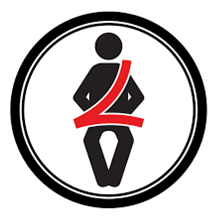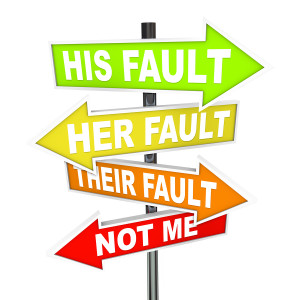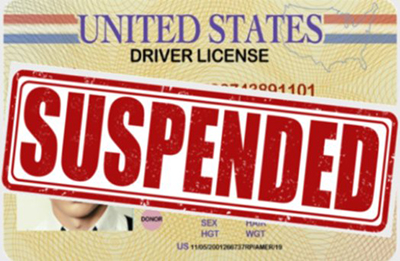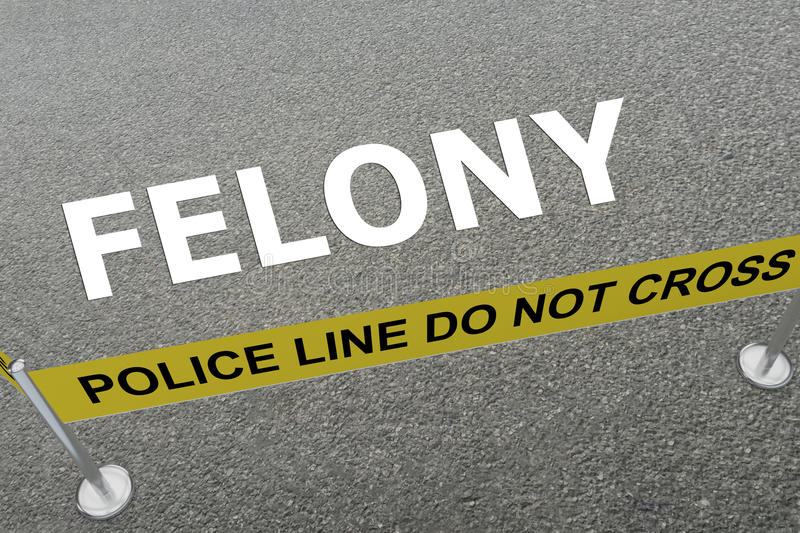Thanksgiving 2023
Thursday, November 16th, 2023
Thanksgiving has been celebrated since 1621. Throughout the years, Americans have kept that tradition alive to celebrate the bountiful blessings of the past year. Traditionally, Thanksgiving is celebrated by gathering with friends and family to enjoy good food, drink, and watch football. Celebrations take place each year on the fourth Thursday of November.
Millions are expected to travel by car to celebrate with family and friends near or far. This makes Thanksgiving one of the busiest travel times of the year. With so many people on the roads and the fact that Thanksgiving celebrations often involve alcohol consumption which is a huge contributor to motor-vehicle crashes, the National Safety Council (NSC) estimates that during this year’s Thanksgiving holiday travel, 507 people may die.
The North Carolina State Highway Patrol will therefore increase patrols in an attempt to deter dangerous driving such as speeding, distracted driving, or impaired driving.
Please consider the following when you travel:
• Use less busy travel days – the Wednesday before and the Sunday after Thanksgiving are the two busiest days.
• Do not speed – speeding won’t get you there much faster and it can lead to a ticket or worse, a collision.
• Wear your seat belt. Wearing your seat belt during an accident may mean the difference between life and death.
• Don’t text and drive. Taking your eyes off the road for just a second or two can have tragic consequences.
• Understand that traffic will be heavy and don’t let your frustrations tempt you to take chances. Keep your and your family’s safety your number one priority.
If you or someone you know receive a traffic ticket or any other criminal charge in New Hanover, Pender, or Brunswick Counties, or if you or someone you know get seriously injured in an accident at which they were not at fault, call Collins Law Firm at 910-793-9000 for a confidential consultation about what we can do to help you.
By Jana H. Collins









